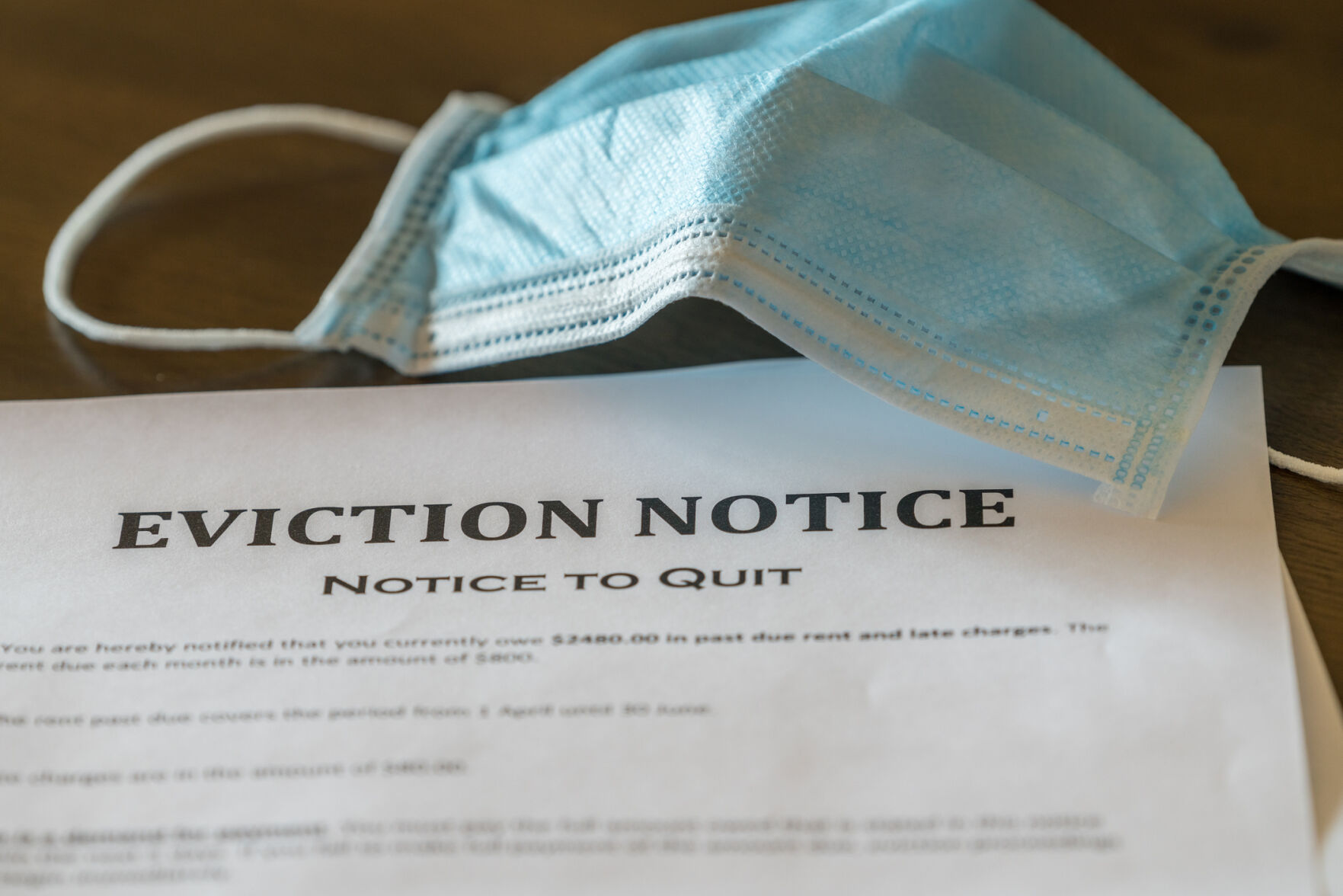Moratorium still protects qualifying Colorado renters from evictions, but landlords finding loopholes, attorney says

Some pandemic-related protections for renters remain in place, including the Centers for Disease Control and Prevention’s temporary moratorium on residential evictions.
The program began in September to prevent the spread of the coronavirus. It was to have ended Jan. 31, but has been extended by the Biden administration through March 31.
Though the program doesn’t prevent all evictions, it has significantly decreased them in El Paso County.
The Sheriff’s Office completed 502 court-ordered writs of execution in 2020, compared with 1,217 in 2019, said spokeswoman Jacqueline Reed. That’s a 59% decrease.
The order gives tenants who are behind in rent payments notice that they have three days to leave the property with their belongings, or deputies will remove their possessions and sell the items for repayment to the landlord.
While moratoriums have benefited tenants who are struggling economically, landlords seem to be circumventing delinquent payment by giving other reasons for eviction – such as expiring leases or “relatively minor lease violations,” said Jack Regenbogen, senior attorney with the Colorado Center on Law and Policy.
“There are still a lot of evictions – way too many,” he said. In just the first two weeks of this year, Denver County issued 200, he said.
“There’s a loophole landlords are using,” Regenbogen said. “Pre-pandemic 90% to 95% of evictions were based on nonpayment of rent. Now, that’s not the case.”
Colorado is honoring the CDC moratorium under orders from Gov. Jared Polis, but other housing provisions from the governor expired Jan. 1, including landlords requiring 30 days’ notice for payment of back rent.
That’s reverted to 10 days’ notice, which Regenbogen said doesn’t allow enough time for tenants to receive emergency rental assistance from COVID relief funding.
“That’s created a lot of problems,” Regenbogen said. “It takes at least 30 days for people to get that money, and a lot of landlords won’t wait.”
“What happens after the moratorium?” is the question Clinton Albert, an attorney with the Colorado Springs office of Colorado Legal Services, hears the most from renters seeking legal assistance, he said Tuesday, during a Renters’ Rights 101 public workshop presented by the city of Colorado Springs’ Community Development Division.
The standard answer is that this pause period does not waive or displace rent payments, he said, but simply delays them for those who qualify.
“You’re still responsible for unpaid rent,” Albert said.
An estimated 400,000 Coloradans are at risk of eviction in coming months, according to the COVID Eviction Defense Project.
“We’re still at the cusp of a major crisis,” Regenbogen said.
His organization, which is based in Denver, is advocating for easing back to normalcy after the moratorium is lifted. Giving renters at least three months to pay back one month of outstanding rent, or allowing renters to remain in their units if they pay at least 25% of their monthly obligation are options, Regenbogen said.
“We want landlords to be compensated and renters to have reasonable time to catch up with their debt,” he said.
It’s important for tenants to know how they can qualify for eviction protection, Albert said.
The CDC moratorium applies to tenants earning less than $99,000 per year individually or $198,000 for joint filers, or who didn’t file any income tax for 2019 or who received a COVID stimulus payment.
Renters must have made a best effort attempt to obtain government assistance for rent or housing and have endured loss of income or wages due to layoffs, medical expenses and other hardships.
And, if evicted, applicants likely would be homeless or need to live in a congregant or shared-living setting.
Renters are bound by law to be honest about their situation when they apply, Albert said, and each case is different.
“It’s not, ‘If I’m $50 short on rent I don’t have to pay any,'” he said. “Some clients have been able to make partial payments, some clients haven’t been able to, some still have income coming in but have medical costs, some still have savings.”
The first step is to deliver a signed copy of a declaration form – a sworn testimony – to the landlord or property owner, he said.
Evictions continue for people who violate conditions of their leases, such as engaging in criminal activity, causing property damage, threatening the health or safety of other residents, exceeding the number of people allowed to live in the residence and other breaches, Albert said.
As it becomes more difficult to pay rent, Albert encourages residents to seek legal advice.













